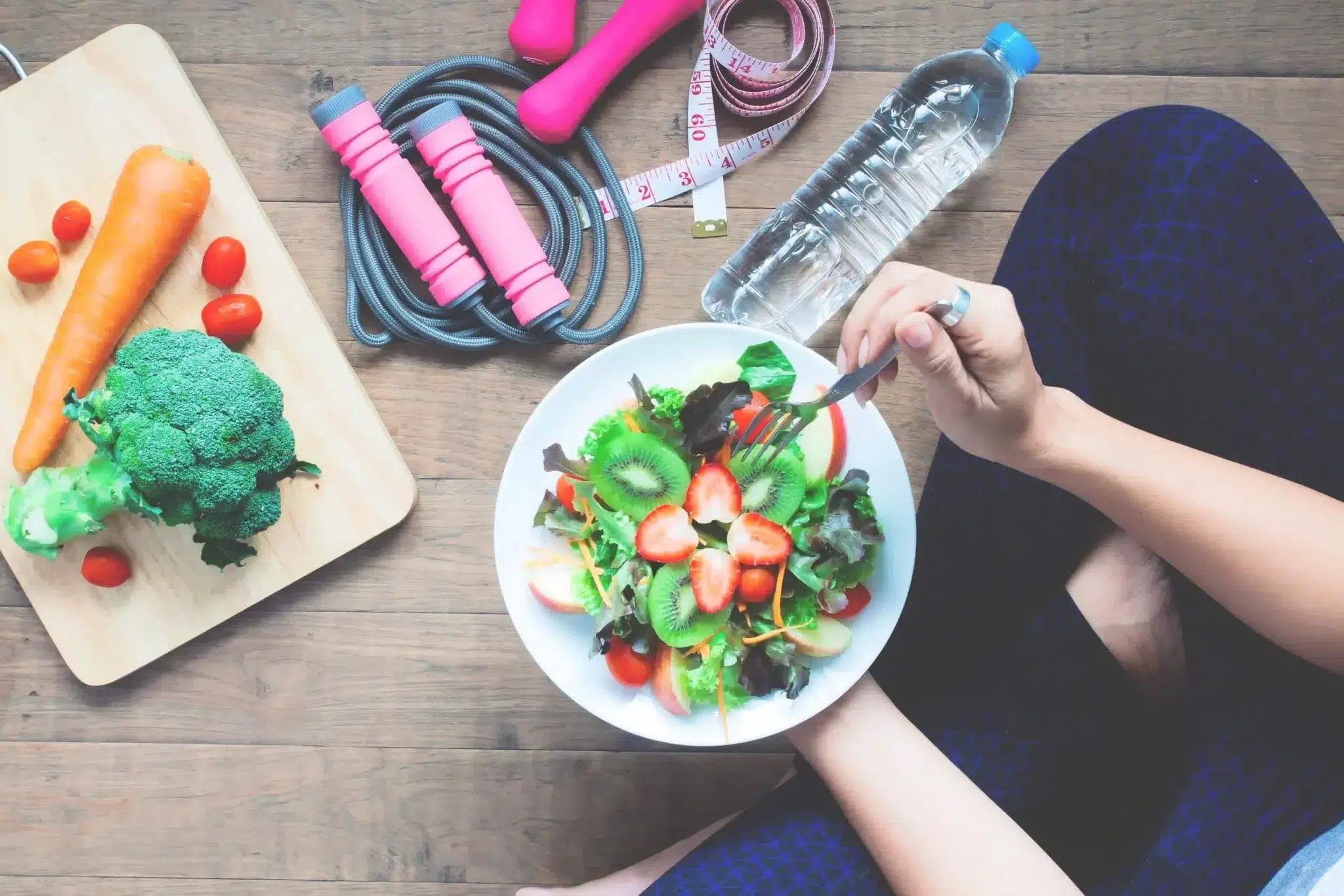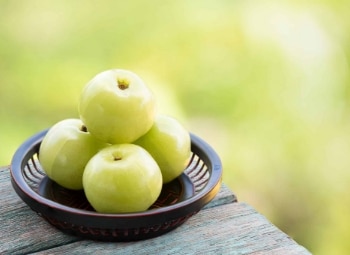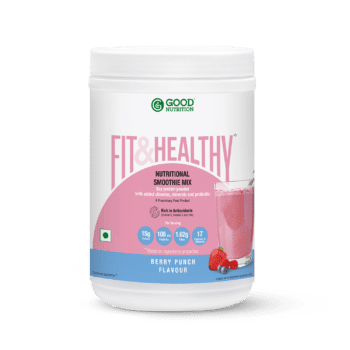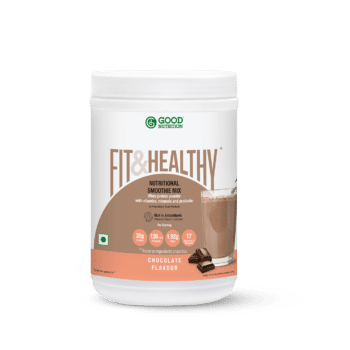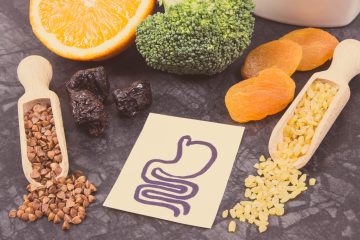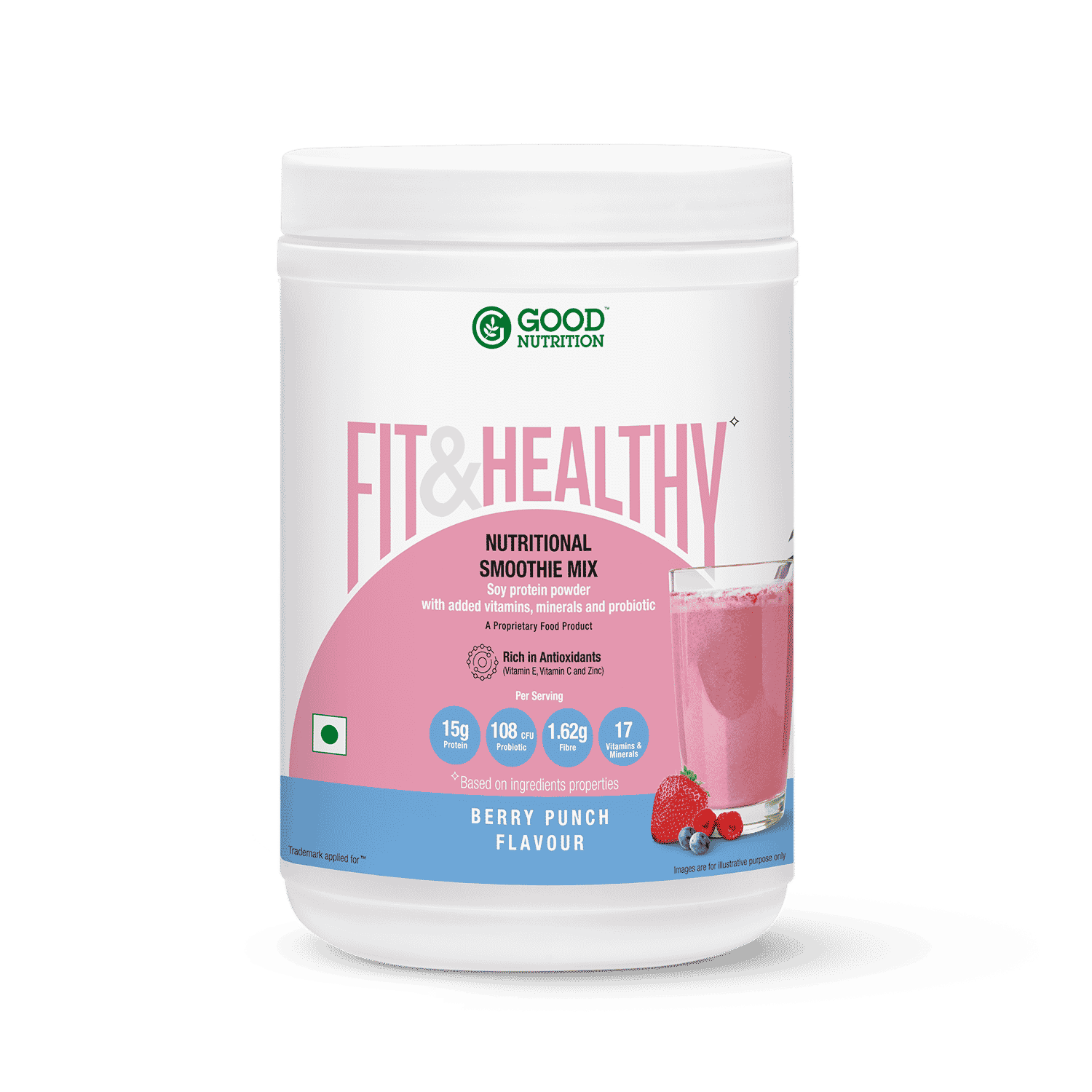What is protein
Protein which is naturally present in foods contains building blocks called amino acids. These amino acids help in the growth and development of the body. From hair to nails, from muscles to blood every part of the body contains protein. As fish cannot survive without water, similarly, your body cannot survive without protein. Eating too less protein will lead to fatigue, weakness, and muscle loss. Having the right amount in the diet makes it especially important to lead a normal life
Importance of protein in women’s health
There is a misconception that protein intake is only necessary for an athlete, or a person working out in the gym. But protein is not only required for muscle build-up but for other functions too. Protein being a macronutrient has more role in the body for cell wear and tear, tissue repair, and regulation of organs for proper functioning. To have healthy skin, strong hair and strong bones, protein plays a key role. Protein helps in recovering from an injury faster.
Proteins can keep you awake and active throughout the day. The addition of protein in every meal can reduce hunger pangs.
- Weight control
Protein helps in losing weight. For effective weight loss, protein should be there in every meal of the day. Protein provides satiety and helps you from avoiding binge eating unhealthy foods. Superior quality proteins coming from eggs, pulses, nuts, and oilseeds provide a mix of essential amino acids that boost the metabolism by increasing the thermic effect. The body burns more calories to digest protein compared to carbohydrates and fats. - Vibrant hair, skin, and nails
Collagen is a protein that is abundantly present in the skin. With age, the collagen content declines to make it one of the essential nutrients for women. Protein deficiency adds to the decline in collagen. Keratin protein present in hair promotes shiny, strong, and healthy long hair. Protein is necessary for strong and smooth nail beds. Protein deficiency leads to thin and brittle nails. - Bone health
It is believed that calcium is essential for bone health. Along with Vitamin D, adequate amount of protein intake is needed for the prevention of osteoporosis. Evidence has shown that low protein intake is often observed in patients with hip fractures. Protein supplementation attenuates post-fracture bone loss, increases muscle strength and reduces medical complications. - Pregnancy & breastfeeding
Pregnant women need 40% more protein compared to non-pregnant women. During the first six months of lactation, mothers require similar protein as pregnant mothers. After 6 months of lactation till 12 months, the protein requirement reduces by 10% as the infant is slowly weaned from mothers’ milk to semi-solid foods. Protein helps in milk production and improves infant growth and development. Protein is also needed for fetal growth and development.
Quantity of protein required for women
As per ICMR (Indian Council Medical Research), the recommended dietary allowance for protein for an average Indian sedentary woman is 0.8 g per kg body weight.
The Indian Market Research Bureau suggests that protein deficiency in Indians is more than 80%, and as per the recent National Sample Survey, India has a declining per capita protein consumption in both urban and rural areas.
How to incorporate enough protein in the diet
- Eat eggs daily once in a meal
- If you are a vegetarian, sprinkle nuts on your food
- Choose Greek yogurt which is high in protein compared to normal yogurt
- Have a protein supplement for breakfast. Good Nutrition Smoothie mix provides a 15g of high quality soy protein for women
- Include pulses like soya, tofu, paneer, chicken or egg, and fish in every meal
- Add peanut butter to your diet
Having enough protein in your diet is very important and plays a crucial role in vital functions in the body. Adequate protein helps in weight loss, and lean muscle gain and improves overall body composition and metabolic health.




